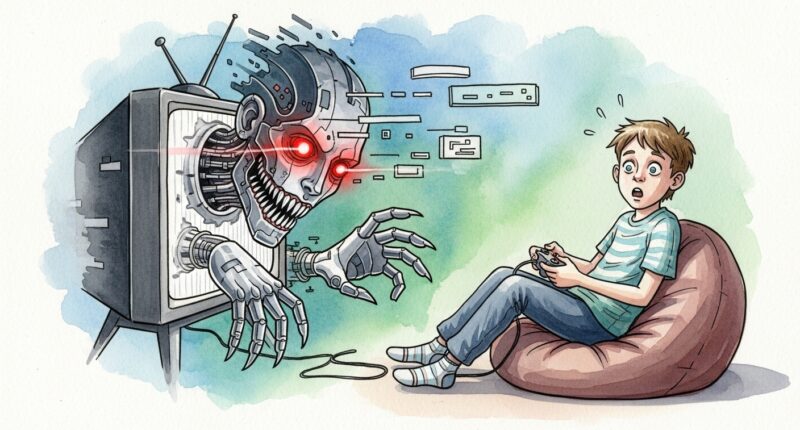Video game studios are systematically disregarding legal frameworks and exploiting children’s privacy and data, according to a comprehensive study of 139 North American video game privacy policies. Researchers from the University of Ottawa (uOttawa), Université du Québec à Montréal (UQAM), and McGill University found that none of the policies fully complied with US, Canadian, or Quebec laws.
“This is nothing short of scandalous,” said Professor Thomas Burelli of uOttawa’s Faculty of Law, a co-author of the study. “Of the 139 privacy policies we studied, none fully comply with existing legal frameworks, whether they be American, Canadian or from Quebec.”
The research highlights a “highly opaque system of data collection” where developers and third parties override children’s rights, demonstrating potential “malicious intent”. The study focused on games targeting children under 13 (or under 14 in Quebec), analysing policies for 84 free games, two freemium games, and 53 paid games.
Banking on careless parents
Researchers argue that studios present parents with overly complex, sometimes contradictory policies whose legality is questionable. “Video game studios are banking on the fact that parents are unlikely to take the time to read the privacy policies in their entirety, and even if they do, will not complain, considering the complexity of the procedure to do so,” Burelli explained.
Co-author Maude Bonenfant from UQAM added that misleading information provides a false sense of security, especially when games appear innocent. “Not only do children and parents not have access to the good information to provide clear consent but, in addition, misleading information provides a false sense of security, particularly if the game’s appearance is childish and innocent,” Bonenfant said.
With approximately 39 per cent of Canadian children aged six to 17 being gamers, the findings signal an urgent need for government action and predict significant legal challenges for the industry. A class action lawsuit regarding children’s privacy violations by the mobile gaming industry is already underway in Quebec.
The authors argue that self-regulation by the industry has failed to protect children’s data and are lobbying for legal reforms. “This study could lead to legal action against studios whose abusive practices have been identified and to legal reforms as there is a real need for legislative intervention to regulate the practices of studios,” Burelli stated.











